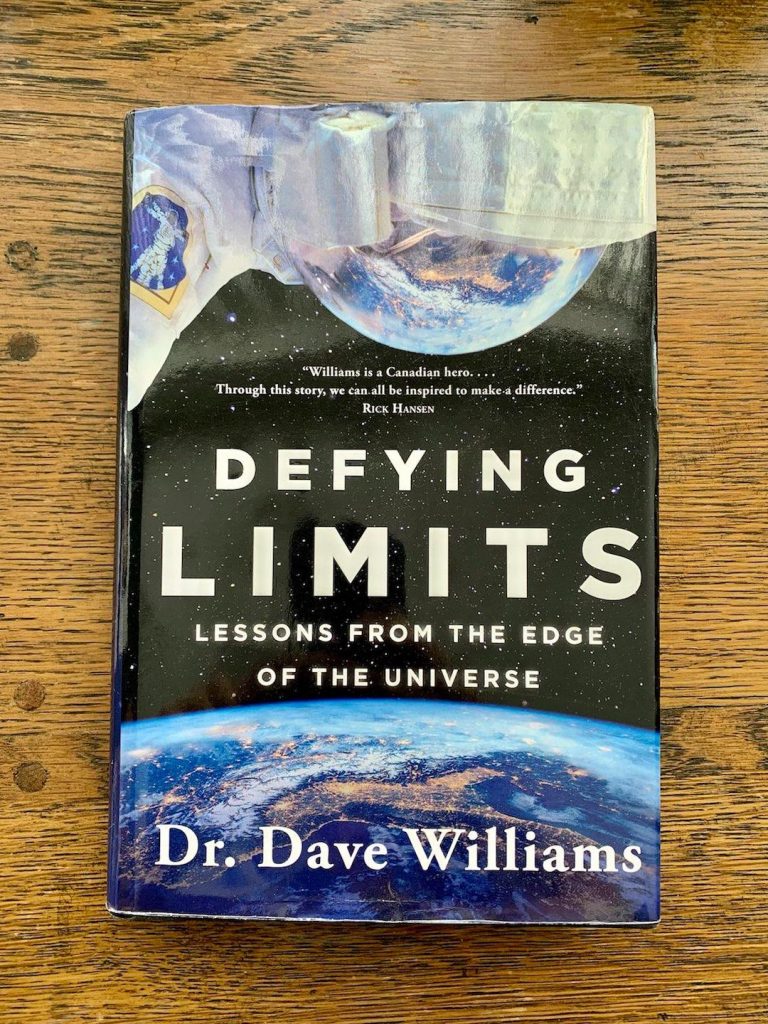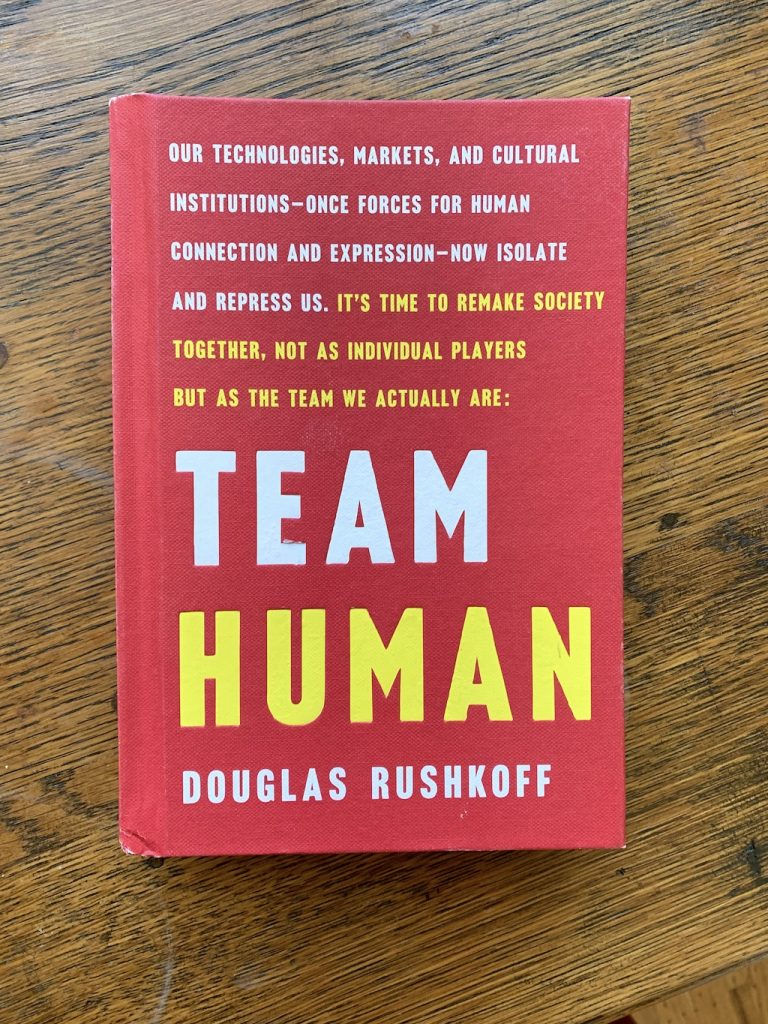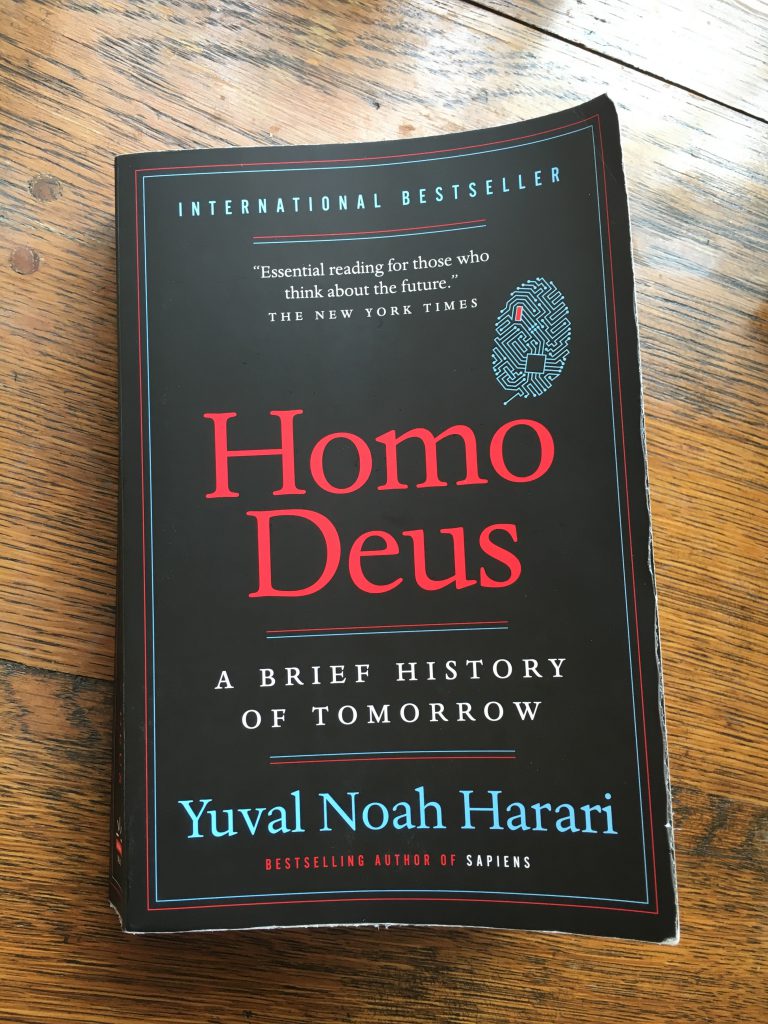
The Case for Mars by Dr. Robert Zubrin is a good primer about everything you need to know about humanity’s attempt to colonize Mars. The author, Dr. Zubrin, is an American aerospace engineer, author, and advocate for the human exploration of Mars.
As an engineer, his book has formulas and timelines, estimates, and analyses, so you’d need at least a Freshman college or university level of math, physics, and chemistry to make sense of them all. Don’t let that stop you; because the author offers you suitable history lessons and some good arguments favour tax-funded and commercial scientific endeavours to reach Mars. According to Dr. Zubrin, a human mission to Mars is entirely within reach even using late 1950s rockets, not computing, technologies.
Dr. Zubrin advises against building a Battlestar Galactical ship for this trip. Instead, he advocates living off the land and using local resources to make a two-way mission possible
It took about 250 days for the British navy to make it to Australia for the first time. Now with proper planning, we can go to Mars within only six months! Dr. Zubrin advises against building a Battlestar Galactical ship for this trip. Instead, he advocates living off the land and using local resources to make a two-way mission possible. We can send uncrewed spaceships and equipment to Mars in advance to use local Marsian resources to make rocket fuel and oxygen a round-trip to Mars possible.
If you follow NASA and SpaceX missions to Mars, this book will give you some good foundational knowledge to enrich your experience.



